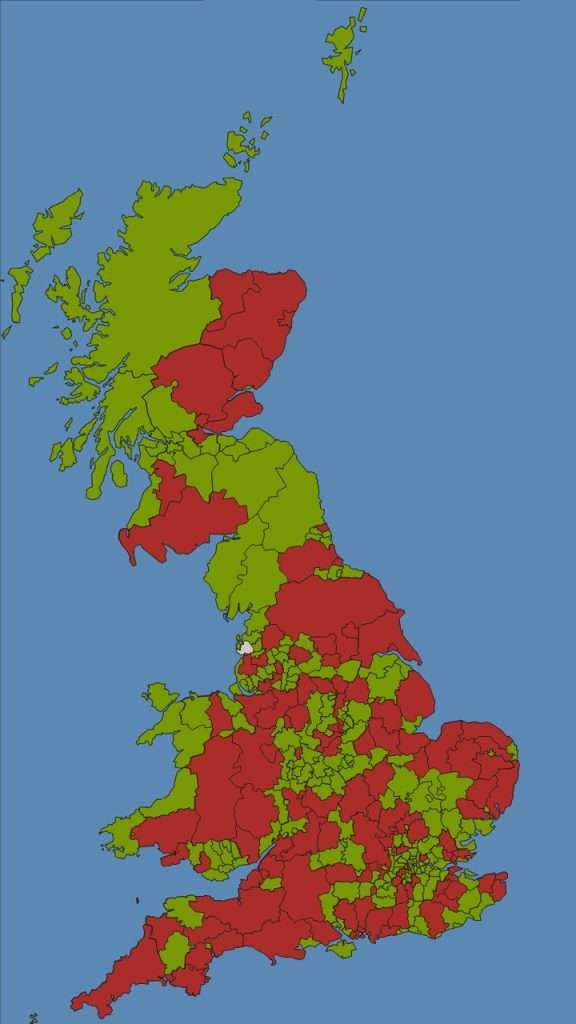
In a revealing study published by wildlife charity Born Free, alarming statistics have surfaced about the scale of dangerous wild animals kept as pets in the UK. With more than 2,700 such animals living in private homes under current legislation, the organization is now urging for immediate action to revise the laws for the safety of the public and the welfare of these animals.
The 2023 research highlights the diverse and concerning range of animals being kept, including over 200 wild cats, 250 primates, and a staggering 400 venomous snakes—a figure tenfold that of those in zoos. From bush vipers in Bedfordshire to cheetahs in Cheshire, and caimans in Kent to lynxes in Lincolnshire, the variety of species held in domestic environments underlines a nationwide issue.
Chichester being 5th in the list of local authorities with the most dangerous animals in the Uk.
Specific findings in Sussex have raised eyebrows as well. In East Sussex, particularly within Wealden, the survey noted a relatively small number of exotic animals, such as one serval and two species of lemurs. Conversely, West Sussex’s Arun and Chichester areas exhibit a wider spectrum of dangerous wildlife including a broad-snouted caiman, 120 wild boars, a Brazilian tapir, and several species of lemurs among other exotic animals, highlighting the unexpected diversity of wildlife kept within private premises.

Born Free’s investigation into the matter, facilitated by data collected from local authorities and showcased in their ‘Dangerous Wild Animals Map’, sheds light on the urgent need for legislative overhaul. The current situation not only poses a significant risk to human and animal safety but also contributes to the suffering of these wild creatures, whose complex needs are inadequately met in captivity.
Dr. Mark Jones, Head of Policy at Born Free, expressed disbelief and concern over the findings, emphasizing the dangers these animals pose, not just through potential aggression but also via the possible transmission of zoonotic diseases. “It is unbelievable that, in this day and age, so many dangerous animals continue to be legally kept in people’s homes in the UK,” said Jones. He pointed out the dual risk of harm to owners and the public, alongside the adverse effects on the animals’ well-being and conservation status.
The report further criticizes the outdated nature of the Dangerous Wild Animals Act 1976, under which these animals are kept, highlighting instances where local councils are not fully aware of the species in residence, raising serious safety and welfare concerns.
In response to these findings, Born Free is championing a campaign for the revision of the Dangerous Wild Animals Act. The charity calls on the UK government to introduce stricter regulations and restrictions on the trade and ownership of exotic pets, aiming to phase out the private keeping of species unsuitable for domestic life.
This call to action represents a significant step towards aligning the UK’s animal welfare and conservation efforts with its stated environmental leadership ambitions. Born Free’s long-standing commitment to the welfare of exotic wild animals as pets underscores the critical need for legislative updates to protect both the animals involved and society at large.
For more information on dangerous wild animals and how to support the cause, visit Born Free’s website and learn how to take action towards a safer, more responsible approach to wildlife in the UK. https://www.bornfree.org.uk/



